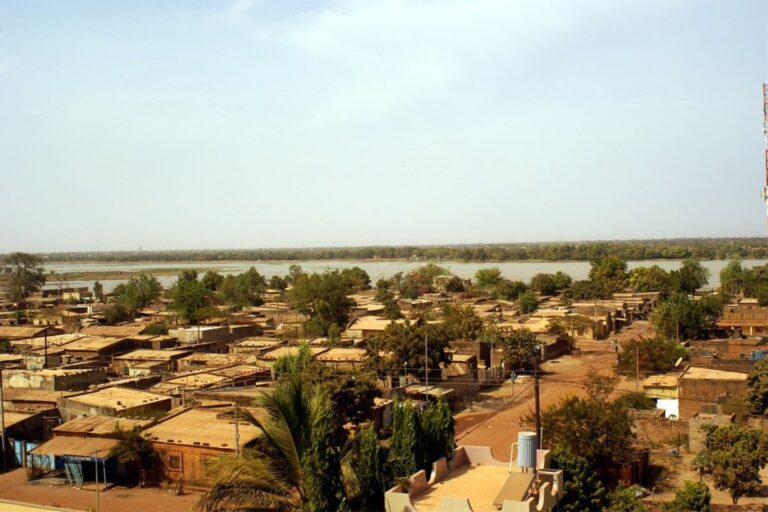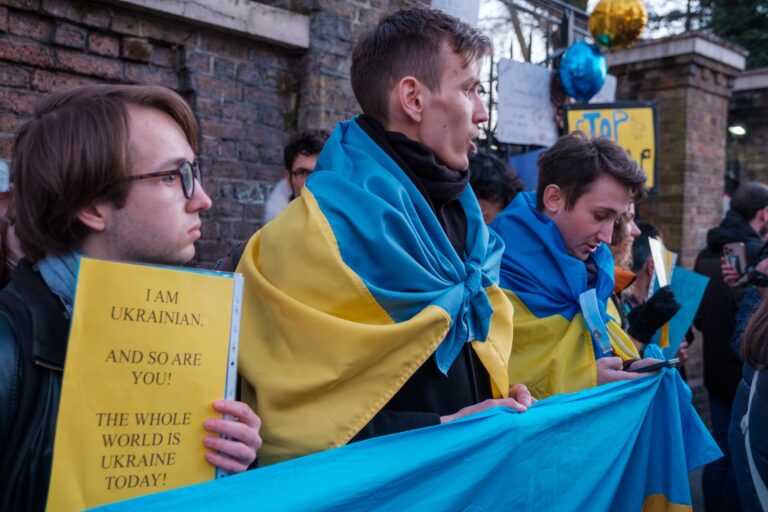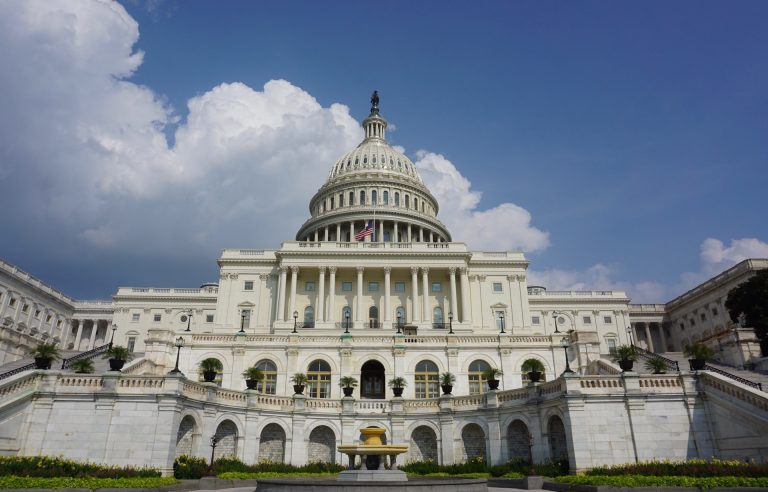
Category Civil Society


Can the Government Police Itself? Colombia’s False Positives Scandal and its Lessons for Atrocity Prevention

We All Are Ukrainians

Finding Common Ground: The Effect of Geography on Domestic and Foreign Policy

Chile 2010-2020: The Contentious Decade
If contention describes a state of sustained, massive protest combining peaceful, disruptive, and violent tactics, then the decade of the 2010s may be considered the most contentious in Chile’s history.[1] The decade’s contentious dynamics seem more spectacular and unpredictable considering Chilean…

Dapiran Observes a City on the Edge

Toolkit for a Successful Movement: Digital Tools in Taiwan’s Sunflower Movement
In 2014, hundreds of thousands took to the streets of Taipei to protest the Cross-Strait Services Agreement—a free trade agreement between Taiwan and Beijing—believing it would give the Chinese Communist Party (CCP) too much political and economic control over the island. The protesters wielded social media and the internet to communicate, inform and mobilize. These tools did not work in a vacuum, however, and understanding their interactions with conventional media and offline associations becomes crucial. This paper demonstrates how, through one-way and interactive communications, the participants of the Sunflower Movement used digital tools to realize their demands.
Women in Afghanistan: The Forgotten Objective
The US decision to focus on civil rights and institutions as a part of an overall counter-insurgency strategy was not a mistake. The suggestion that the United States has no obligation to address women’s rights in the negotiation process because “such rights have never existed in most of Afghanistan” is an insult to the thousands of women that have sacrificed for the American ideals of freedom and equality pushed by the Allies since 2001.
The Second Wave?
It is clear that while the momentum of the Arab Uprisings of 2011 had been arrested – and, in Egypt, Syria, and Bahrain, reversed or crushed – the root causes that brought them about still exist and have, in most states, not been addressed and are “burning embers under the ashes.”
The Future of Diplomacy and the Hand of Social Media
Can governments eventually learn to better utilize and appreciate the growing influence of social media? The answer is not clear, and the future of diplomacy is yet to be written.
How Exceptional is Jordan?
Hardly a year goes by without learned assessments that under the pressure of internal and regional challenges, the Hashemite Kingdom of Jordan’s luck may run out. However, this “weak man” of the Middle East continues to be one of the region’s islands of relative stability.
A Brief Introduction to Blockchain and Distributed Ledger Technologies for Informed Policymaking
Blockchain has swept contemporary discourse, from tech circles to governments worldwide. But many presentations of blockchain often either oversimplify what it actually is or aim at highly technical audiences. Basic historical and technical understanding are prerequisites for informed consideration of blockchain’s implications, as well as for bringing its potential to bear in new domains. Providing that understanding is the purpose of this paper.
